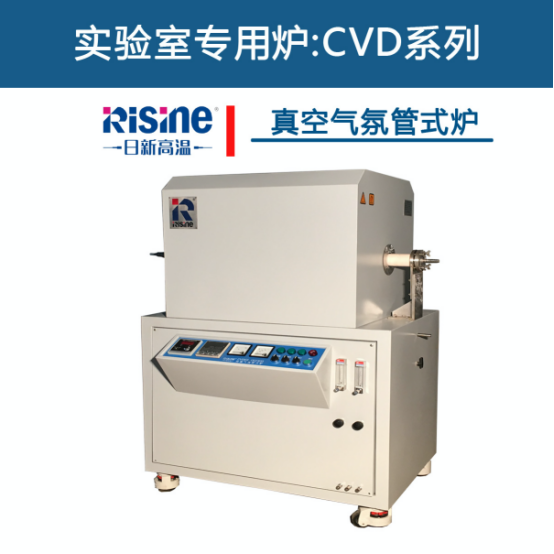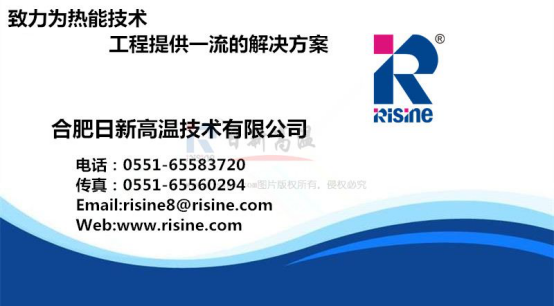
Basic knowledge of graphene
Release date:2016-11-24 17:15:00Basic knowledge of graphene
Release date: November 24, 2016 reading times: 1252
1.What is graphene?
Graphene is a kind of honeycomb like plane film formed by carbon atoms in SP2 hybrid way. It is a quasi two-dimensional material with only one atomic layer thickness, so it is also called single atomic layer graphite.Its thickness is about 0.335nm, and there are different fluctuations according to different preparation methods. Generally, it is about 1nm high in the vertical direction, and about 10nm to 25nm wide in the horizontal direction. It is the basic structural unit of all carbon crystals (zero dimensional fullerene, one is carbon nanotubes, three-dimensional body oriented graphite) except diamond.
As the thinnest, strongest and most conductive nano material, graphene is known as "black gold" and "king of new materials". Scientists even predict that graphene will "completely change the 21st century".It is very likely to set off a disruptive new technology and new industry revolution sweeping the world.
2.Main applications of graphene
Graphene is of special significance to the basic research of physics. It enables some quantum effects that can only be discussed on paper before to be verified by experiments, such as the electronic ignorance of obstacles and the realization of ghost like crossing.But more interesting is the physical nature of its many "extreme" properties.
Because there is only one layer of atoms, the movement of electrons is limited to one plane, and graphene also has new electrical properties.Graphene is the most conductive material in the world, in which the velocity of electrons reaches 1 / 300 of the speed of light, which is far faster than that of electrons in general conductors.
Adding one percent of graphene into the plastic can make the plastic have good conductivity; adding one percent of graphene can improve the heat resistance of the plastic by 30 ℃.On this basis, new materials with thin, light, good tensile property and super toughness can be developed, which can be used to manufacture automobiles, airplanes and satellites.
With the gradual breakthrough of batch production and large-scale problems, the pace of industrial application of graphene is speeding up. Based on the existing research results, the first field to realize commercial application may be a little field of equipment, aerospace, new energy batteries.The bendable screen in the consumer electronics exhibition has attracted much attention and become the development trend of mobile device display screen in the future.Flexibility shows a broad market in the future, and graphene as a basic material is also promising.Data shows that in 2013, the global demand for mobile touch screens was about 965 million.By 2015, the demand of tablet computers for large touch screens will reach 230 million pieces, providing a broad market for graphene applications.Samsung researchers in South Korea have also made transparent and bendable displays made of multi-layer graphene and other materials, which are believed to be ready for large-scale commercial use.
On the other hand, the new energy battery is also one of the most important fields in which graphene was first commercially used.Previously, MIT has successfully developed a flexible photovoltaic cell with graphene nano coating on its surface, which can greatly reduce the cost of manufacturing transparent and deformable solar cells, and this kind of cell may be used in small digital devices such as night vision mirrors and cameras.In addition, the successful research and development of graphene super battery also solves the problems of insufficient capacity and long charging time of new energy vehicle battery, greatly accelerating the development of new energy battery industry.This series of research results pave the way for the application of graphene in the new energy battery industry.
Due to the characteristics of high conductivity, high strength, ultra light and thin, the application advantages of graphene in aerospace and military industry are also outstanding.Recently, NASA developed a graphene sensor for aerospace applications, which can detect trace elements in the earth's upper atmosphere and structural defects in spacecraft.Graphene will play a more important role in the potential applications of ultra light aircraft materials.
3.Graphene experimental equipment CVD vacuum atmosphere tube furnace
CVD series vacuum atmosphere tube furnace is widely used in high, medium and low temperature CVD processes, such as the development of carbon nanotubes, coating of crystalline silicon substrate, controlled growth of nano zinc oxide structure, etc. it can also be used for diffusion welding of metal materials and heat treatment in vacuum protective atmosphere.

4.Graphene expansion furnace
Rsmxl series graphene expansion furnace developed and produced by Hefei risine Technology Co., Ltd. is designed and applied to the pilot production line of graphene, which is specially used for the preparation of powdered graphene
The main features of the product are
1.The whole furnace body adopts Haval vertical structure, which is convenient to open and close;
2.Graphene expansion furnace adopts high-purity quartz tube as furnace, alumina fiber products are insulated, can be pre vacuumized, pass protection / reflect others.
3.The temperature control of the graphene expansion furnace in risine production is controlled by a single circuit intelligent temperature controller, which has the characteristics of high temperature control accuracy and high temperature stability.

5.For more information on graphene preparation, please contact:


